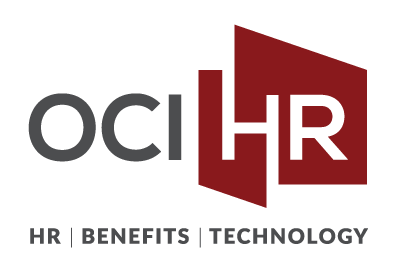Do employees really want new HR tech at work? The answer: It’s complicated.
Though workers see the benefits of technology to streamline some human resource-related tasks, they often feel like an afterthought when employers adopt new tools, and still crave face-to-face interaction, according to new research from PricewaterhouseCoopers.
While more than 90% of CEOs say they take employees into consideration when implementing new technology in the workplace, only about half of employees feel the same way, according to the consulting firm’s survey of more than 12,000 employees.
The PwC survey found that while tech implementation at work is growing, face-to- face communication isn’t going away anytime soon. Employees still prefer in-person interaction or a combination of tech and in-person communication during performance reviews, help with difficult problems and HR questions.

“What we find is those HR tasks that relate to moments that matter — if you’re having a sensitive issue with your family where someone is sick, those types of things — are where employees still really prefer the face-to-face contact,” says Carrie Duarte, partner at PwC and co-author on the report.
When it comes to benefits, however, respondents mostly choose digital. Just over half of employees surveyed prefer using digital tools for benefits enrollment and reviewing benefits information. Duarte says that employees may prefer technology when considering their benefits because it gives them the opportunity to examine a company’s offerings at their leisure.
“One of the nice things about technology is you get to use it on your own time,” she says. “You can access the technology and go back and research answers to questions.”
When it comes to considering new digital tools, employers should take the time to think about what might motivate a worker to use a new technology, Duarte says. Companies sometimes spend millions of dollars to adopt a new solution but often neglect to get employee feedback on the need for it.
Once a new tool is in place, employers also need to ensure they ask workers for their thoughts. This is particularly important during the first year of implementation. As executives often aren’t the ones using the tech every day, it’s the employees on the frontline whose feedback matters the most, she says.
“Providing that feedback loop so you can adjust and adopt the technology to your employees, will help make the experience all the better next time,” she says.
Even when employees do use new HR technology, many feel that are not sufficiently rewarded for their effort, the survey found. Employers can do a better job of incentivizing workers to use benefits tech, Duarte says. Something as simple as giving a $50 toward a health savings account could make a big difference.
“From an employee benefits perspective, there could be so many ways of incenting,” she says. “We think there’s a greater opportunity for employers to think that through.”

